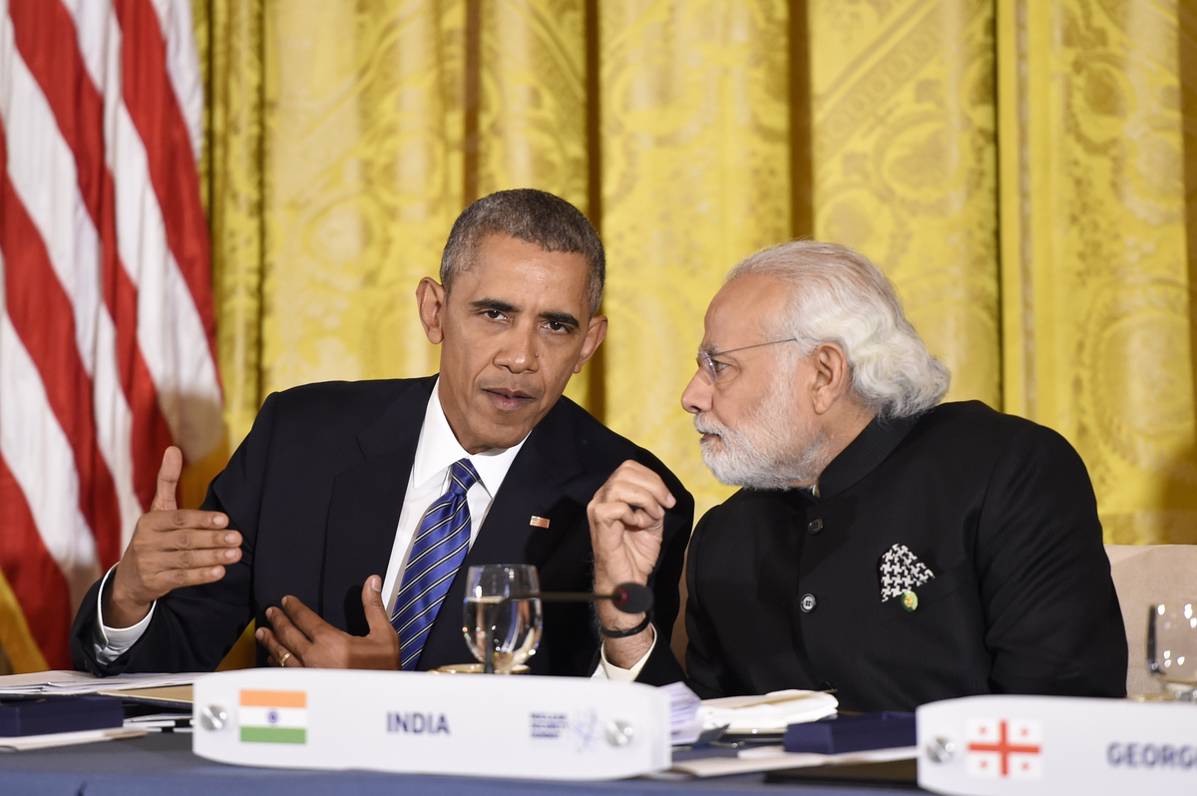
The core principles of the Indian nuclear policy have remained unchanged, as has its commitment to a world free from nuclear weapons. Gradually, India has been integrating itself with the non-proliferation regime. Meanwhile, India has joined a number of non-proliferation mechanisms of which it was skeptical before. India is now formally the 35th member of the Missile Technology Control Regime (MTCR) -- an association of countries that share the goals of non-proliferation of delivery systems for nuclear weapons. India is also actively seeking membership of the Nuclear Suppliers Group (NSG). The twenty first century is watching remarkable changes in India's nuclear policy. This seminar will outline both the continuities and recent changes in India's nuclear policy.
Read Rajiv Nayan and Åshild Kolås' blog post: India's membership of the missile technology control regime.
Dr Rajiv Nayan is a Senior Research Associate at the Institute for Defence Studies and Analyses (IDSA), New Delhi. He has been working with IDSA since 1993, where he specializes in export control, non-proliferation, and arms control. At IDSA, Dr Nayan leads the Center for Nuclear and Arms Control, dedicated to advancing research on strategic nuclear issues. The Centre is engaged in projects that seek to provide answers to relevant policy questions relating to global nuclear disarmament, non-proliferation and anti-proliferation, nuclear energy, global nuclear governance, regional nuclear dynamics, and multilateral treaties such as the Arms Trade Treaty and the Chemical and Biological Weapons Conventions. Under the IDSA-PRIO institutional cooperation, Dr Nayan is the lead researcher on the subproject on Nuclear Governance under the INDWORLD project. Rajiv Nayan is currently a guest researcher at PRIO.





